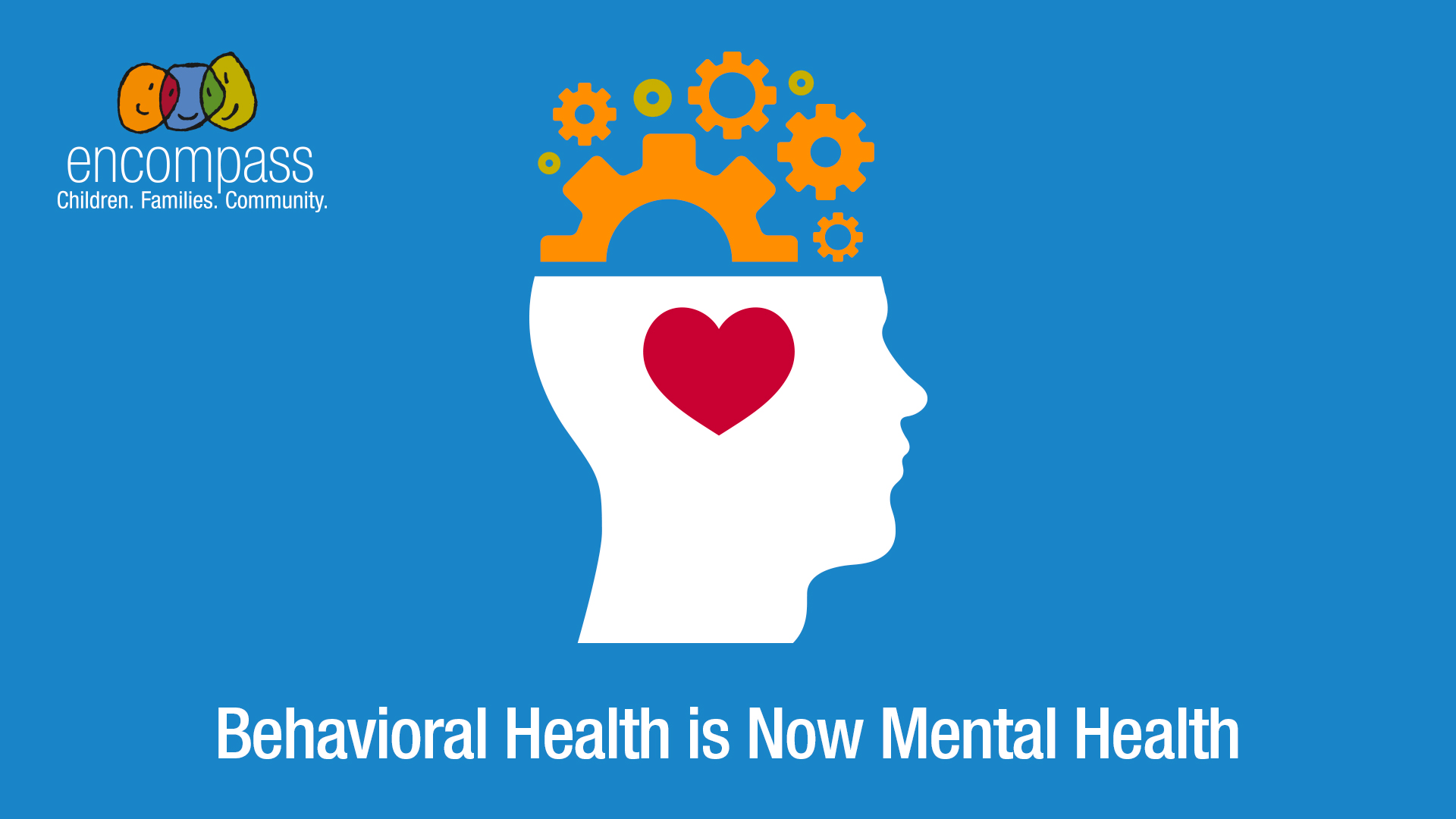Supporting Your Child When the World Feels Scary
With everything going on in the world, parents often wonder how and when to talk to their kids about difficult topics such as war, racism, violence, public health concerns, etc. Whether kids are in the classroom or playing at the park with their neighborhood peers, they are likely to hear things that parents don’t know about. Even the youngest of kids might overhear older children or adults discussing local safety, world events, or tragedies. Even something as simple as shopping can provide unintended exposure. When my kids were little, I remember being horrified when my oldest started to sound out troubling headlines while we waited in the grocery line.
 Rather than brush things aside, something I suggest to parents is the need to convey that their kids’ questions and ‘wonderings’ are not overwhelming. You may have boundaries about what you feel is important for them to know at their age, but they need to understand that they are always welcome to ask questions. The last thing you want is a child stewing over worry, fear, and concern without feeling comfortable sharing their big feelings and seeking clarification about their concerns from a safe adult.
Rather than brush things aside, something I suggest to parents is the need to convey that their kids’ questions and ‘wonderings’ are not overwhelming. You may have boundaries about what you feel is important for them to know at their age, but they need to understand that they are always welcome to ask questions. The last thing you want is a child stewing over worry, fear, and concern without feeling comfortable sharing their big feelings and seeking clarification about their concerns from a safe adult.
With younger children (2 – 8 years old), it can be tempting to pretend that we can keep them away from media and protect them from being exposed to information or images that might be troubling. The reality is that kids will likely hear about things we’d rather they not. Here are a few tips for making sure you can support your child in those moments in a healthy way that provides for an increased sense of connection instead of isolation:
- While we can’t put our kids in a noise-canceling bubble, we can limit or avoid visual exposure to images of war, violence, or other issues. There is a big difference between being informed and being overwhelmed by information. A 24-hour newsreel in your home isn’t healthy for adults and it definitely isn’t a good idea for kids. If you need to watch the news, wait until after bedtime and focus on connecting with your kids while they are awake.
- Don’t wait until they bring things up. Many kids just won’t. It also decreases kids’ anxiety if they feel like their safe adults will talk with them about important things. You don’t want them building their own extra scary narrative based on what a neighbor kid told them. Provide them with age-appropriate, accurate information and be available for questions or concerns.
- Remind them that whatever they feel about something is okay. It’s absolutely appropriate to be upset that someone is hurt or something horrible has happened. For many kids, it helps to wonder together about how they could contribute to supporting that person or cause. It’s okay for kids to see your emotions about a situation too but make sure to process your feelings a bit so that you can reassure them that they are safe and you will do everything you need to do to keep them safe.
- It’s okay to admit you don’t know all the information about a topic. Sometimes it is really beneficial to research something together and help kids feel more in control of their own knowledge.
- Practice calming mindfulness strategies like deep breathing and add lots of playfulness to your interactions with kids. Play communicates safety to children and can be the best way to show them that you are in their corner even when things are scary.














